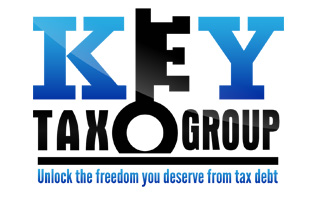One of the most serious consequences of owing tax debt to the IRS is a federal tax lien. Federal tax liens can prevent you from being able to purchase or sell property, obtain credit to purchase a car, or even impact certain types of employment.
But what is an IRS federal tax lien and, if one is filed against you, what can you do about it?
A federal tax lien is the government’s legal claim against your property—which may include real estate, personal property, and financial assets—when you fail to pay your tax debt. By filing a Notice of Federal Tax Lien, the government alerts all your current and future creditors that they have a claim against what you own.
A federal tax lien is different from a tax levy. While a lien secures and protects the government’s interest in your assets, a levy allows the IRS to seize your assets to pay your tax debt. If not resolved correctly, a lien can result in a levy.
How to prevent a federal tax lien
The easiest way to avoid having a federal tax lien filed against you is to pay your tax debt in full on time. If full payment isn’t an option, a qualified tax specialist can help you set up an IRS installment agreement which will allow you to pay your tax debt in payments stretched out over a certain period of time.
Removing a federal tax lien
The good news is that with the help of an experienced tax professional, federal tax liens can be removed.
There are several reasons why a lien may be removed, including:
- The balance has been paid in full
- The lien was filed in error
- The lien is filed outside the statute of limitations
- The lien has been otherwise fulfilled, such as by an offer in compromise
The IRS offers several options to tax debtors to have their federal tax lien removed, either through a withdrawal or a release of the lien.
A withdrawal of a lien is when the IRS revokes the public Notice of Federal Tax Lien, letting other creditors know that there is no longer an outstanding claim by the government in your assets. The tax debt, however, must still be resolved by the debtor.
A release, on the other hand, happens when the debtor either pays his or her debt in full or sets up an installment agreement to pay the debt a little at a time.
Both withdrawals and releases may also occur under the IRS Fresh Start Program, if the tax debt is less than $25,000 and other certain conditions are met.
Contact Key Tax Group today
If you are facing a federal tax lien, a tax specialist can review your financials and determine whether the lien is justified, whether you owe your debt has been calculated correctly, and whether you qualify for one of the removal options provided by the IRS. To find out what options are available to you, contact the expert tax professionals at Key Tax Group now.
